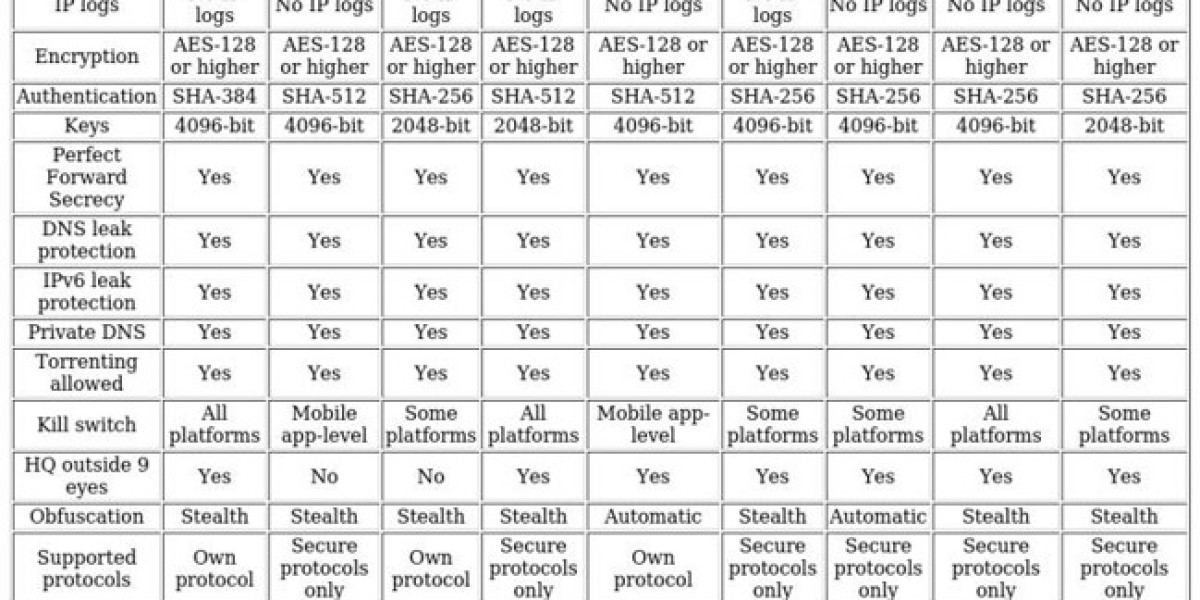The Republican-controlled senate advanced president Donald Trump's sweeping tax-cut and spending bill in a key procedural vote late on Saturday, raising the odds that legislators will have the ability to pass his "huge, gorgeous expense" in the coming days.

The step, Trump's top legal goal, passed its first procedural obstacle in a 51 to 49 vote, with two Republican senators voting versus it.
The result came after numerous hours of settlement as Republican leaders and vice president JD Vance sought to convince last-minute holdouts in a series of closed-door settlements.
The procedural vote, which would begin argument on the 940-page megabill to money Trump's leading migration, border, tax-cut and military concerns, began after hours of delay.
It then stayed open for more than three hours of dead stop as three Republican senators - Thom Tillis, Ron Johnson and Rand Paul - joined Democrats to oppose the legislation. Three others - Senators Rick Scott, Mike Lee and Cynthia Lummis - worked out with Republican leaders into the night in hopes of securing bigger spending cuts.
In the end, Wisconsin Senator Johnson turned his no vote to yes, leaving only Paul and Tillis opposed among Republicans.
Trump on social networks hailed the "terrific success" for his "great, big, lovely costs."
The megabill would extend the 2017 tax cuts that were Trump's primary legal accomplishment throughout his first term as president, cut other taxes and enhance spending on the military and border security.
But the questionable costs has actually caused division, with Elon Musk, the billionaire Trump donor once again coming out in strong opposition to your home variation of the costs, knocking the Senate draft on his social networks platform, X, on Saturday.
"The most recent Senate draft costs will damage countless jobs in America and cause immense strategic harm to our country!" Musk composed above a remark from a green energy expert who explained that the expense raises taxes on new wind and solar jobs.
Nonpartisan analysts approximate that a variation of Trump's tax-cut and costs bill would add trillions to the $36.2-trillion US federal government debt.
Democrats fiercely opposed the expense, saying its tax-cut aspects would disproportionately benefit the wealthy at the cost of social programs that lower-income Americans rely upon.
Chuck Schumer, the Senate's top Democrat, required that the expense read aloud before argument might begin, saying the Senate Republicans were rushing to pass a "radical expense".
Sign up to Headlines US

Get the most essential US headings and highlights emailed direct to you every early morning
after newsletter promotion
Trump is pushing Congress to wrap it up, even as he in some cases gives blended signals, enabling more time.
The legislation is an enthusiastic however complicated series of GOP priorities. At its core, it would make long-term much of the tax breaks from Trump's very first term that would otherwise end by year's end if Congress fails to act, resulting in a prospective tax boost on Americans. The costs would include brand-new breaks, including no taxes on suggestions, and devote $350bn to national security, consisting of for Trump's mass deportation agenda.

Some lawmakers state the cuts go too far, particularly for people receiving health care through Medicaid. Meanwhile, conservatives stressed over the nation's debt are pushing for steeper cuts.
The last text consists of a proposal for cuts to a Medicaid supplier tax that had faced parliamentary objections and opposition from numerous senators fretted about the fate of rural healthcare facilities. The brand-new variation extends the start date for those cuts and establishes a $25bn fund to aid rural health centers and providers.
Most states impose the supplier tax as a method to increase federal Medicaid compensations. Some Republicans argue that is a fraud and ought to be abolished.
The nonpartisan congressional budget office has said that under the House-passed variation of the costs, some 10.9 million more people would go without health care and at least 3 million less would get approved for food help. The CBO has not yet publicly evaluated the Senate draft, which proposes steeper decreases. Top income-earners would see about a $12,000 tax cut under your house expense, while the plan would cost the poorest Americans $1,600, the CBO said.









































